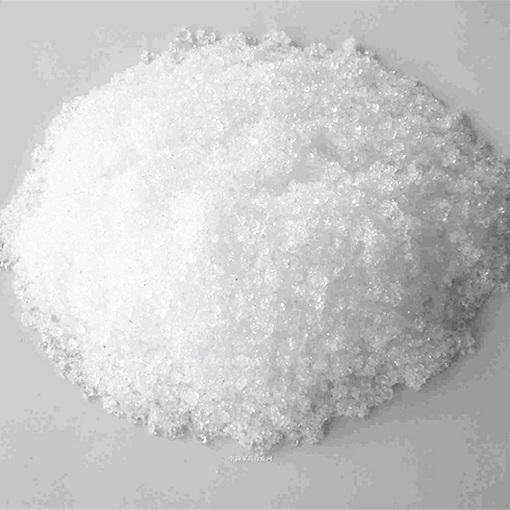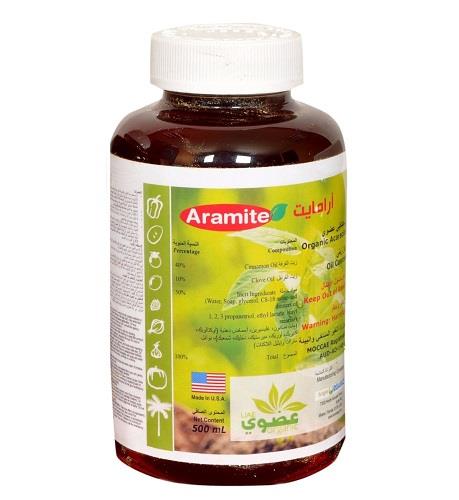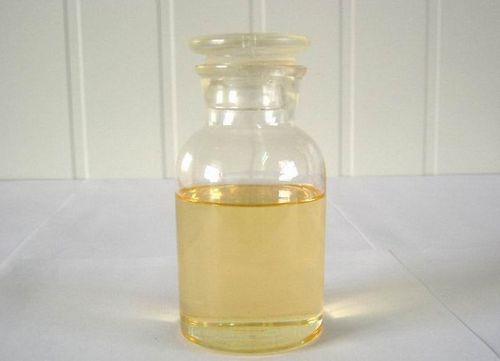Manufacturing Process of Potassium carbonate
Potassium carbonate is the inorganic compound with the formula K2CO3. It is a white salt, which is soluble in water. It is deliquescent, often appearing as a damp or wet solid. Potassium carbonate is
Nov 12,2021 Inorganic chemistryUse of Potassium carbonate
Potassium carbonate is one of the most important inorganic compounds used in industry even though it is as old as recorded history. Potassium carbonate was leached from ashes in Pompeii and mixed with
Nov 12,2021 Inorganic chemistryUses of Aramite
Aramite is a synthetic chlorinated hydrocarbon with molecular weight of 334.87 and density of 1.143 at 20°C. It is a clear, light-colored oil with melting point of 37.3 ℃and boiling point of 175 °C at
Nov 12,2021 Chemical pesticides Adverse effect of D-mannose
D-mannose (or mannose) is a type of sugar found in a number of fruits and vegetables, including cranberries, black and red currants, peaches, green beans, cabbage, and tomatoes.
Nov 11,2021 Biochemical EngineeringApplication, Mechanism of action, and Synthesis of 1,3,5-Triglycidyl isocyanurate
Ethyl valerate (CAS No: 2451-62-9), also known as the green apple flavor is well known for its wide applications in the areas of food, pharmaceuticals and cosmetics industries.
Nov 11,2021 Chemical ReagentsPyridine: Uses & Synthesis
Pyridine can also be used as a denaturant, dye assistant, and starting material for the synthesis of a series of products, including medicines, disinfectants, dyes, food seasonings, adhesives, explosi
Nov 11,2021 Organic ChemistryUses of Amyl nitrite
Amyl nitrite had been used clinically as early as 1867, when the Scottish physician Sir Thomas Brunton used it as a vasodilator as treatment for angina pectoris in his patients. In the late 1880s, a p
Nov 10,2021 APIHomoprotocatechuic acid - Application, Synthesis and Safety
Homoprotocatechuic acid, (3,4-dihydroxyphenyl)acetic acid is a dihydroxyphenylacetic acid having the two?hydroxy?substituents located at the 3- and 4-positions. It is a metabolite of?dopamine. It has
Nov 10,2021 Chemical ReagentsMethenolone acetate - Pharmacokinetics, Synthesis, Safety etc.
Primobolan?is a DEA Schedule III controlled substance. Substances in the DEA Schedule III have a potential for abuse less than substances in Schedules I or II and abuse may lead to moderate or low phy
Nov 10,2021 Blood system medicationEthylenediaminetetraacetic acid disodium salt
Ethylenediaminetetraacetic acid disodium salt (EDTA) (CAS: 139-33-3) is a good compounding agent. It has six coordination atoms, and the complex formed is called a chelate. EDTA is often used in coord
Nov 10,2021 Analytical Chemistry









